In recent years, New Zealand’s social media influencers have started to wield significant power, not only within their borders but on the global stage. These influencers are not just selling products; they're shaping global culture and consumer trends. As we explore their role, we’ll delve into how this phenomenon impacts New Zealand’s economy, cultural identity, and real estate market. This article aims to provide property experts with a nuanced understanding of social media's evolving influence in New Zealand and beyond.
The Rise of Influencers in New Zealand
Social media platforms like Instagram, TikTok, and YouTube have given rise to a new breed of celebrities—social media influencers. These individuals command vast audiences and possess the unique ability to shape consumer behavior and cultural norms. In New Zealand, influencers range from lifestyle bloggers to adventure enthusiasts, all contributing to a diverse media landscape.
Data from Stats NZ indicates that in 2023, nearly 90% of New Zealanders were active social media users, a 15% increase from 2020. This surge in social media engagement underscores the growing influence these platforms have on everyday life and economic activities. As a result, influencers have become powerful marketing tools, capable of reaching audiences that traditional advertising struggles to engage.
Expert Opinion & Thought Leadership
According to a report by MBIE, social media influencers are pivotal in promoting New Zealand’s tourism industry. They showcase the country's natural beauty and unique experiences to international audiences, driving increased visitor numbers. Tourism New Zealand has leveraged influencers for campaigns that have resulted in a 20% increase in engagement and a significant rise in tourist inquiries.
Michael Ross, a digital marketing strategist, highlights that influencers have adapted to changing market dynamics by embracing authenticity and transparency. “Consumers are increasingly skeptical of traditional ads. Influencers offer a more relatable and personalized form of engagement, which resonates well in today’s digital age,” he explains.
Case Study: The Power of Kiwi Influencers
Consider the case of Jessica Smith, a New Zealand-based travel influencer with over 500,000 followers on Instagram. Her campaigns for local tourism have led to a noticeable uptick in domestic travel. A partnership with Air New Zealand saw a 30% increase in domestic flight bookings within the first month of the campaign. Jessica's authentic travel stories and stunning photography have captivated audiences worldwide, effectively boosting New Zealand’s image as a must-visit destination.
Data-Driven Analysis
- Economic Impact: A study by the Reserve Bank of New Zealand notes that the influencer marketing industry contributes approximately NZD 100 million annually to the local economy, with projections to double in the next five years.
- Real Estate Influence: Influencers are also impacting the real estate market. Property tours and lifestyle showcases on platforms like YouTube are attracting international buyers, driving interest in New Zealand's luxury real estate sector.
- Industry Trends: According to NZTech, influencer marketing budgets in New Zealand have increased by 25% in 2023, highlighting a shift in how businesses allocate their marketing resources.
Pros and Cons of Influencer Marketing
While influencer marketing holds significant potential, it’s not without its challenges. Here’s a balanced view:
Pros:
- Authentic Engagement: Influencers offer a personal touch that traditional advertising lacks, fostering genuine connections with audiences.
- Wide Reach: With millions of followers, influencers can amplify brand messages globally.
- Cost-Effective: Influencer campaigns often yield a higher ROI compared to traditional media buys.
Cons:
- Lack of Control: Brands may have limited control over how their message is conveyed, leading to potential misalignment.
- Market Saturation: As more brands leverage influencers, the space becomes cluttered, reducing the impact.
- Authenticity Risks: If influencers are perceived as inauthentic, it can damage brand credibility.
Common Myths & Mistakes
- Myth: "Influencer marketing is only for big brands." Reality: Small businesses can significantly benefit from micro-influencers who often have more engaged audiences.
- Myth: "All influencers are equally effective." Reality: The effectiveness of an influencer depends on their niche relevance and audience alignment with the brand.
- Myth: "Influencer marketing results are immediate." Reality: Building brand trust and driving conversions through influencers takes time and strategic planning.
Controversial Take: Are Influencers Overhyped?
There's an ongoing debate about the actual ROI of influencer marketing. Critics argue that inflated follower counts and engagement statistics can be misleading. A survey by Consumer NZ reveals that 40% of Kiwis are skeptical of influencer endorsements, questioning their authenticity and effectiveness.
However, advocates maintain that when executed correctly, influencer marketing can drive significant brand awareness and conversion rates. The key lies in choosing the right influencer whose values align with the brand.
Future Trends & Predictions
Looking ahead, experts predict a transformative shift in influencer marketing. By 2028, AI technologies capable of analyzing consumer sentiment will redefine how brands select and collaborate with influencers, ensuring more targeted and effective campaigns. Additionally, the rise of virtual influencers—AI-generated personas—could revolutionize the industry, offering brands a cost-effective alternative with precise control over messaging.
Conclusion
New Zealand's social media influencers are reshaping global culture, driving economic growth, and influencing consumer behavior. For real estate experts, understanding this trend is crucial. Influencers can amplify property listings, attract international buyers, and enhance brand visibility. As the digital landscape evolves, leveraging influencer marketing strategically will be key to staying competitive.
What’s your take on the role of influencers in shaping New Zealand’s economy and culture? Share your insights in the comments below!
People Also Ask (FAQ)
- How do social media influencers impact New Zealand’s economy?Influencers contribute significantly by promoting tourism and local brands, with the industry adding around NZD 100 million annually, as reported by the Reserve Bank of New Zealand.
- What are the biggest misconceptions about influencer marketing?One common myth is that influencer marketing is only for big brands. However, micro-influencers can be more effective due to their engaged audiences, as studies show.
- What upcoming changes in New Zealand could affect influencer marketing?By 2026, advancements in AI could reshape influencer marketing strategies, making collaborations more targeted and effective.
Related Search Queries
- New Zealand influencer marketing trends
- Impact of social media on New Zealand culture
- Top social media influencers in New Zealand
- Influencer marketing strategies for small businesses
- Future of real estate marketing in New Zealand
- Economic impact of influencers in New Zealand
- How to collaborate with influencers in New Zealand
- Virtual influencers and their impact
- New Zealand tourism and social media
- Social media policies in New Zealand















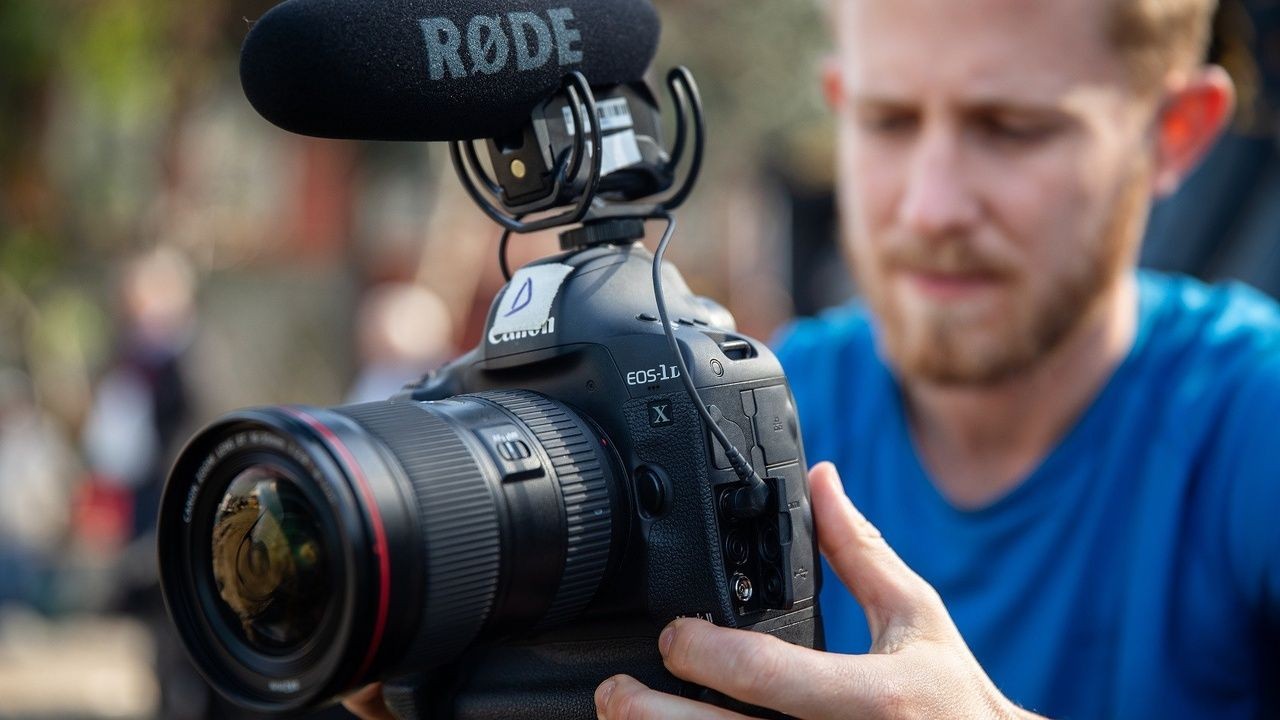
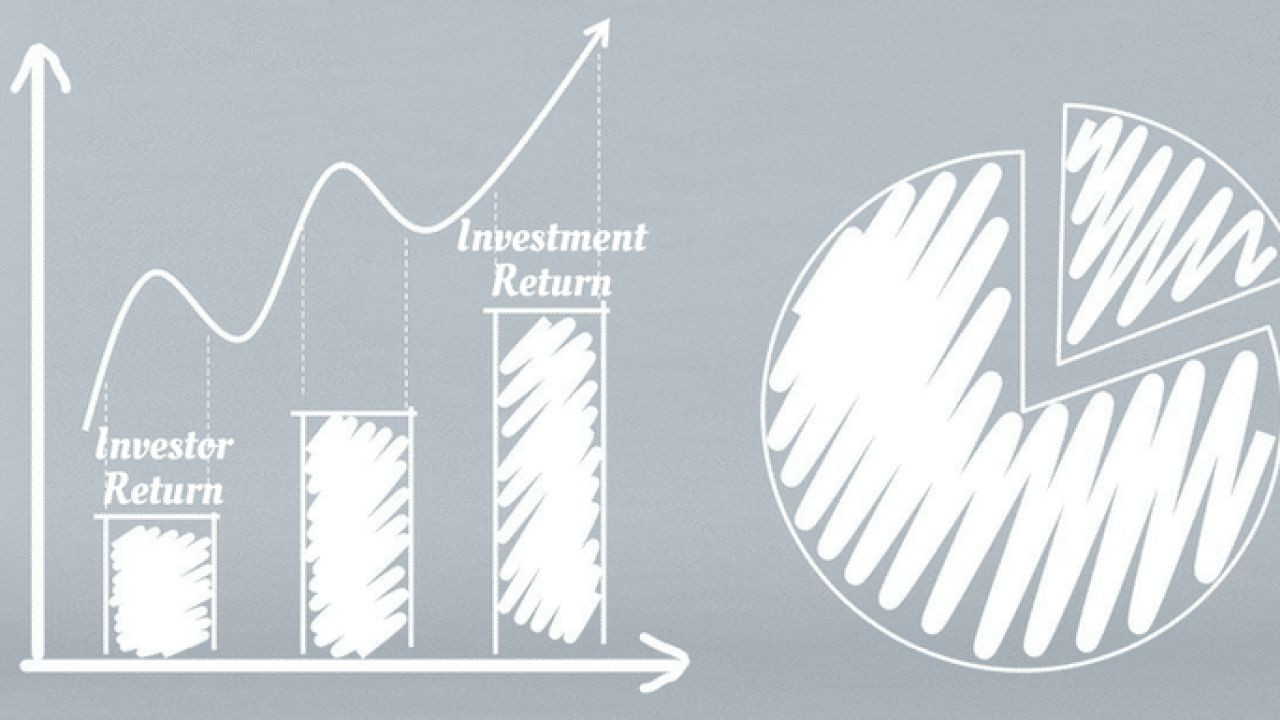

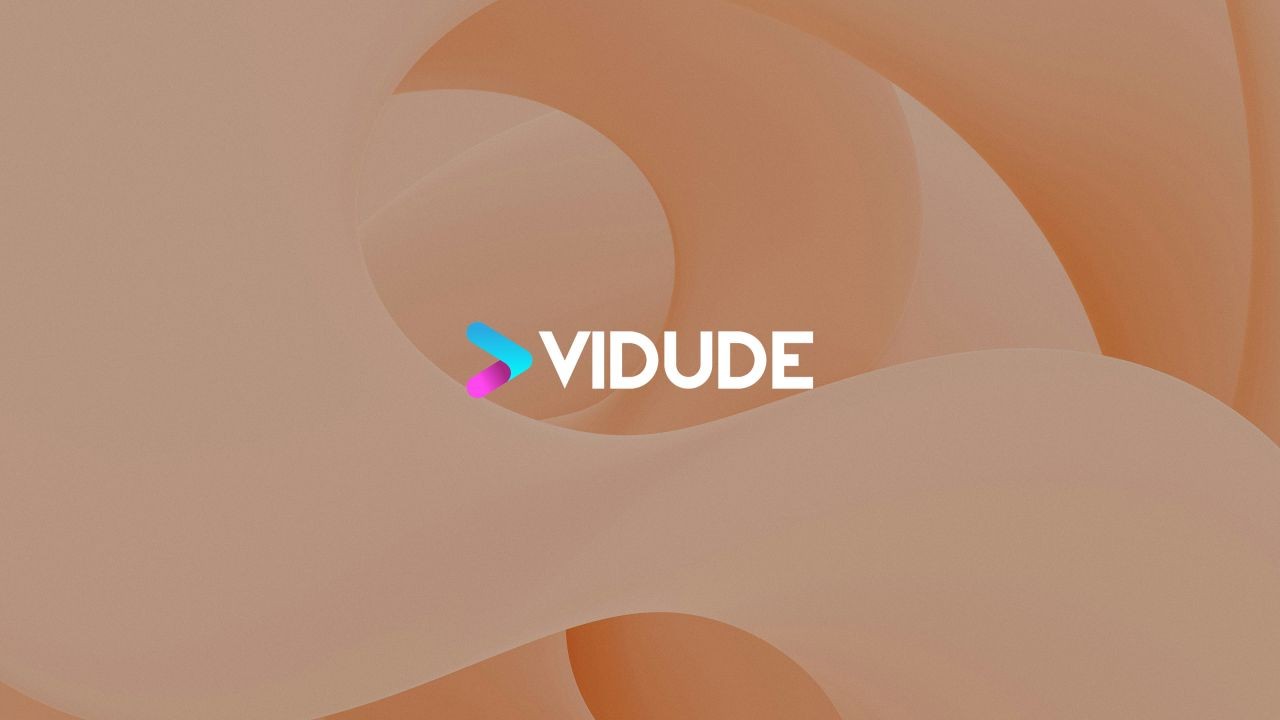
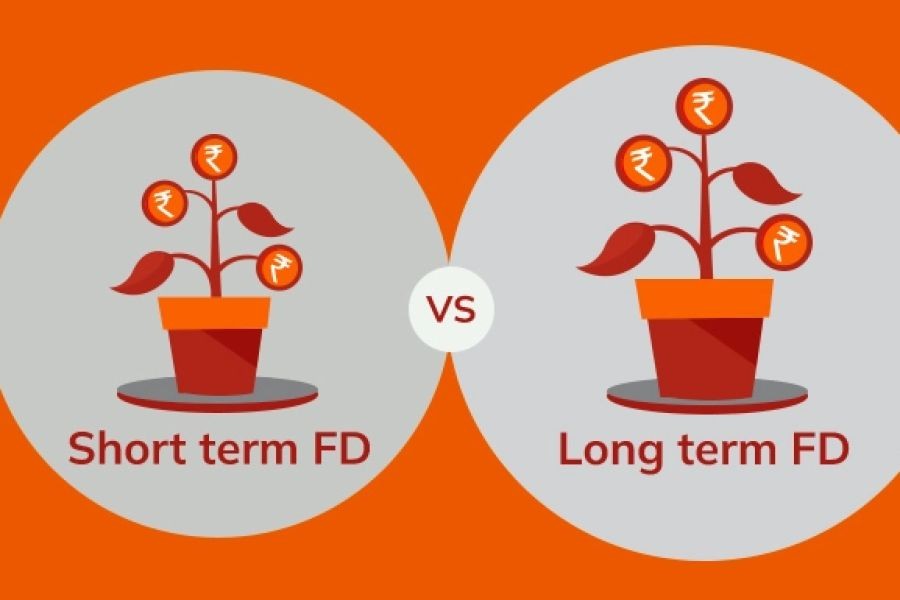


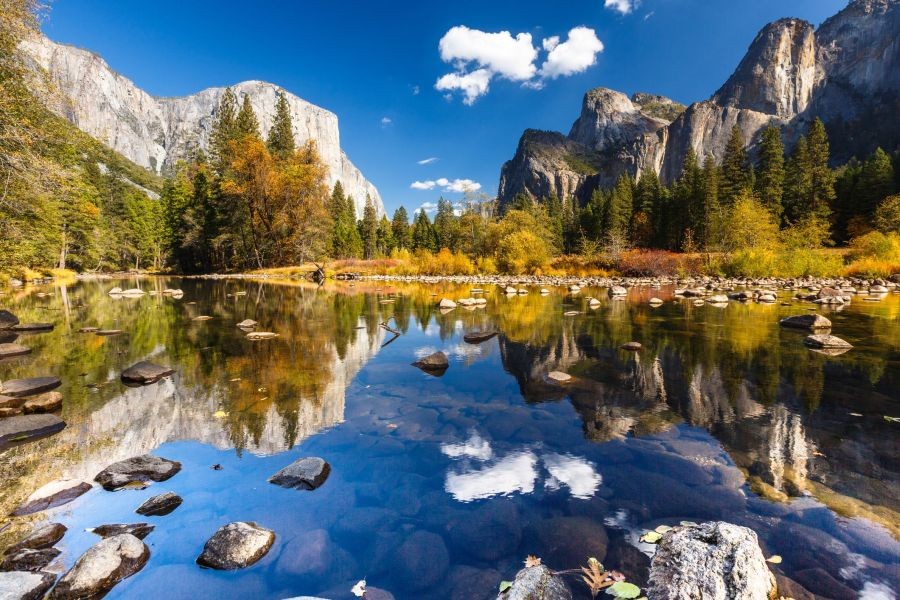


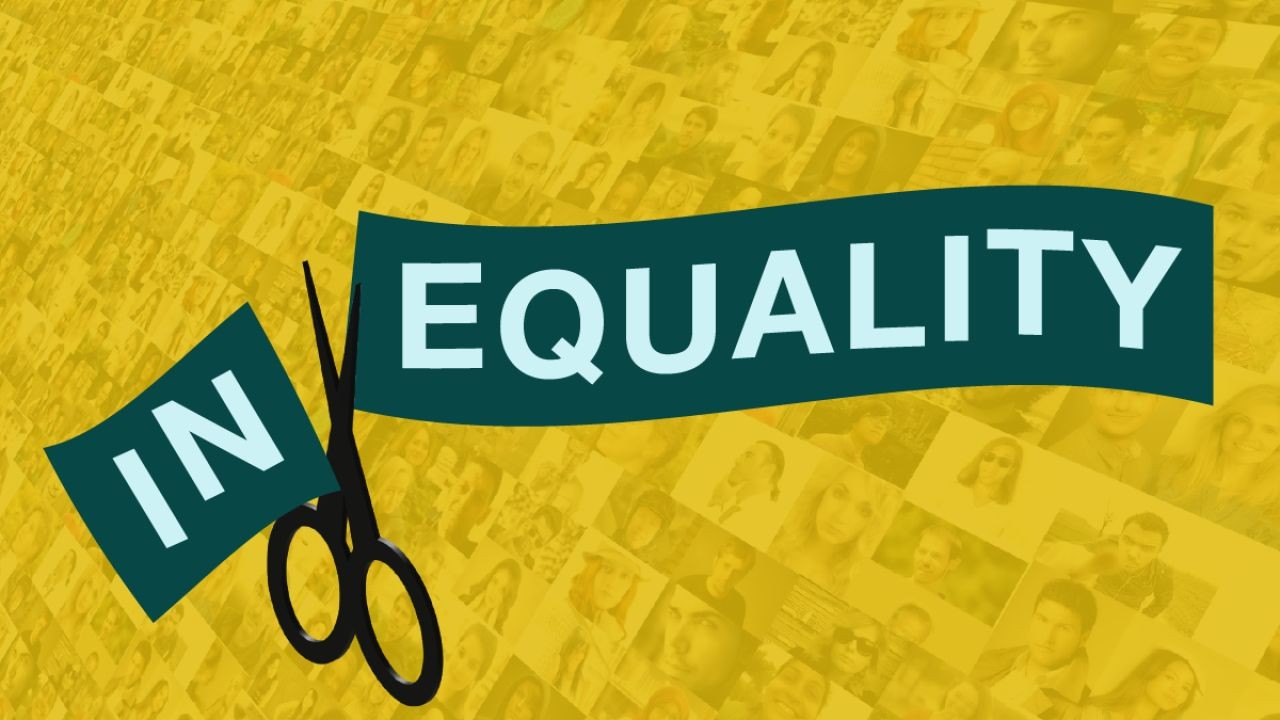

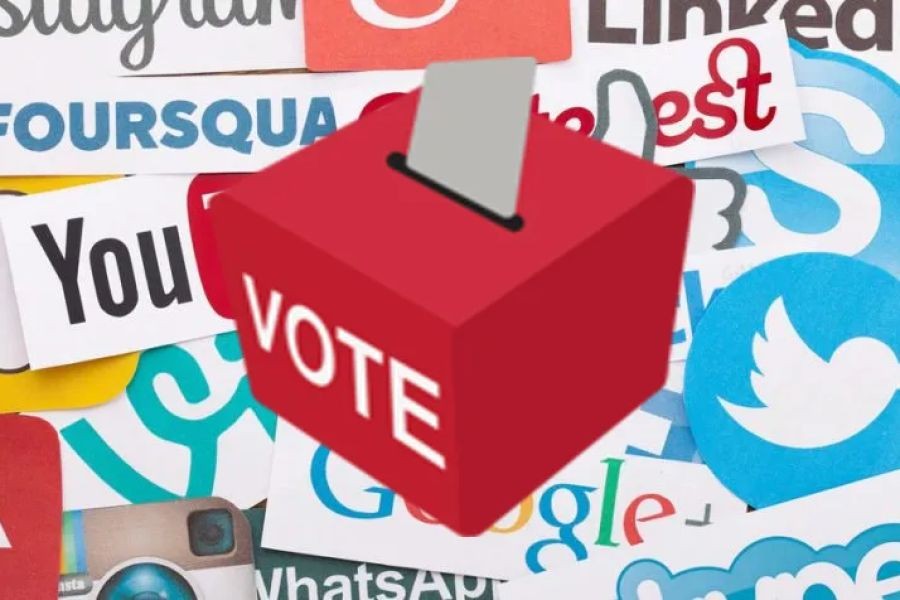





suelxv85351566
9 months ago